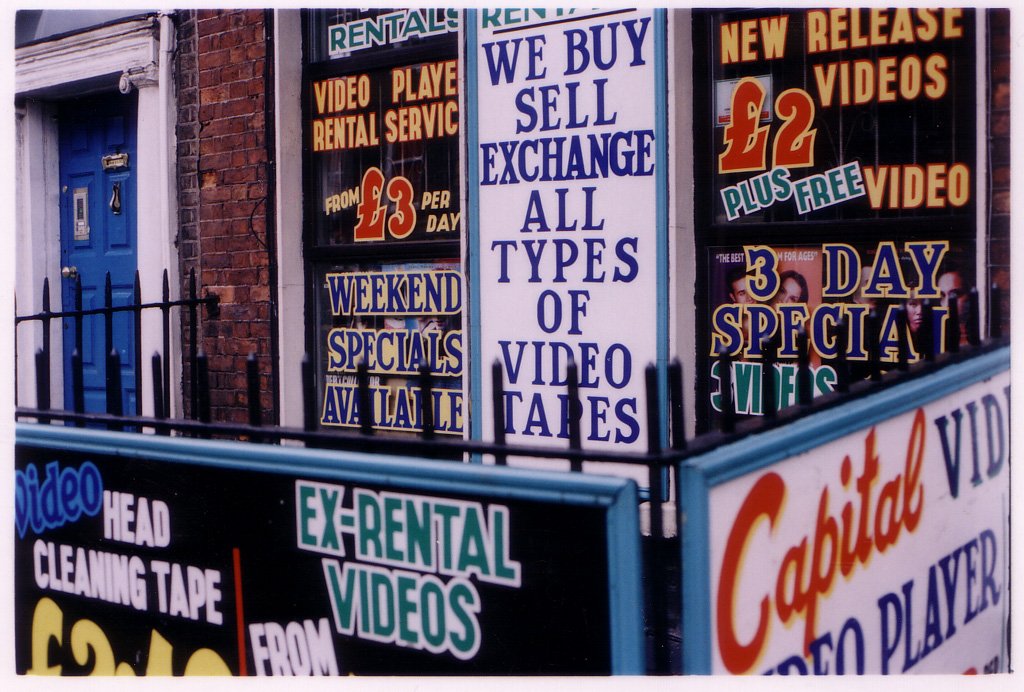Marketing overload and wasted effort

Summary: Examples from the past week of patents whose sole purpose seems to be promotion of some software rather than prospects of successful litigation
UNOFFICIALLY, software patents are a thing of the past in the United States. The USPTO continues to grant them (not for long perhaps), but courts repeatedly reject them and PTAB does too.
We are watching software patents closely. We try to gain insights into how they get granted and where/when.
Days ago we saw
this article about R3. The whole article is about a potential patent or two and it certainly seems like a misguided move from the startup. R3 seems not to know that such patents have no validity/weight in a court of law. These are a waste of time and money, but R3 is pursuing these anyway. To quote the article: "Consortium startup R3 has filed two patent applications detailing its work on applying distributed ledger tech to "dynamic" agreements between financial institutions.
"The two applications – submitted last year and published by the the U.S. Patent and Trademark Office on Oct. 19 – detail the use of a system for tracking, maintaining and updating agreements via a shared ledger."
These are applications for software patents; the USPTO ought to reject these on grounds like Section 101 (abstract ideas).
Another new example we stumbled upon was Tangoe, which is trying to disguise or 'dress up' software patents using buzzwords like IoT. Based on
this press release, it's another timely example of software patents that should not be granted by the Office.
Another new example
comes from ProofPlus. It speaks of an "additional patent for the software engine that drives the ProofPlus electronic document system," but the abstract nature of this is almost self explanatory within the sentence.
Accompanying this puff piece we have this press release [
1,
2] titled
"Chinese Government Allows Patenting of US Company's Compliance Software for Financial Documents" (very similar to the headline above). Well, China has a patent bubble/gold rush going on right now; SIPO still grants the most hilarious and dumbest of patents, so there's nothing to be proud of here. They are clearly pursuing self-legitimacy in the wrong places.
A few days ago we saw
this announcement from VerifyMe, an obscure (to us) firm which describes itself as "a pioneer in patented physical, cyber and biometric technologies" (as if the patents matter).
Here is
another new press release which boasts/brags about software patents by stating: "Intensity Analytics, a specialized software company with patented identity and cybersecurity products..."
FICO too has just wasted money pursuing software patents and then issuing a press release about them [
1,
2]. Not enforceable post-
Alice, but hey, at least they can use the "p" word to impress potential shareholders.
Here is another
days-old press release that says "Enterprise IP management software is an automation system for modern corporate that supports in the tracking of patents, trademarks, copyrights and IP."
These things barely work, but there's plenty of marketing for them. Now, here's a funny claim from
British media a few days ago:
Crowdfunding in August 2015 led to industrial design, hardware, software, packaging and a patent.
Paul added: “Just two per cent of patents become products. But with passion you can do it.”
Where does that figure come from? Is it made up?
In conclusion, a lot of the media and especially press releases tend do market software around the idea that there's a patent (or several patents) on it. Classic example of patents as means of marketing rather than any
practical value.
⬆

